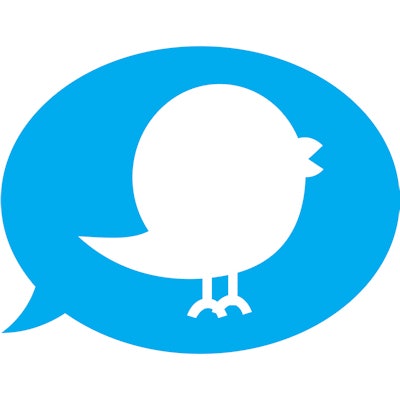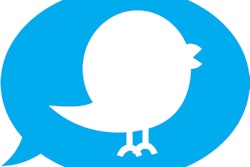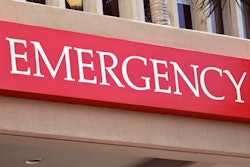
Online harassment tripled during the COVID-19 pandemic for physicians and scientists involved in communicating public health information, according to a study published June 14 in JAMA Network Open.
A group led by Regina Royan, MD, an emergency medicine physician at Northwestern University in Chicago, surveyed 359 physicians and scientists and found the rate of reported online harassment rose from 23% to 66% during the pandemic.
"At a time when physicians and biomedical scientists need support and their advocacy is vital to the national interest more than ever before, they are being badgered, doxxed, and sexually harassed," the group wrote.
Radiologists were among early advocates for COVID-19 vaccines and are often engaged in commentary on issues such as gun violence. Advocacy on social media is not without risks, the authors noted, with a survey before the pandemic indicating that 23.3% of physicians report personal attacks for online public health advocacy. Yet no study has specifically examined online harassment of physicians during the COVID-19 pandemic, the authors wrote.
Royan and colleagues surveyed physicians, biomedical scientists, and trainees about their experiences with online harassment relating to the dissemination of COVID-19 public health information, recruiting participants through Twitter and collecting responses between July and August 2022.
The study included 359 respondents. Of these, 228 (64%) reported harassment related to comments made about the COVID-19 pandemic, 111 (31%) reported being sexually harassed, and 66 (18%) reported their private information had been shared (ie, doxxing), according to the analysis.
"When I posted a picture of myself with my badge in my white coat after my COVID-19 vaccination I received hundreds of harassing anti-vax messages including death threats," wrote one respondent.
Another wrote, "Prior to the pandemic, social media was just me goofing off. As misinformation grew, I found myself consistently tweeting out information or retweeting tweets to correct misinformation. Of course, that led to increased harassment, especially as a Black woman scientist."
Social media plays a significant role in communicating medical and scientific knowledge to the public, yet high levels of harassment may lead more physicians and scientists to limit the way they use it -- leaving the propagation of misinformation unchecked by those most qualified to combat it, the group noted.
"Institutions and companies should support those who are attacked and provide mechanisms to reduce harassment and provide accountability," the authors concluded.




















